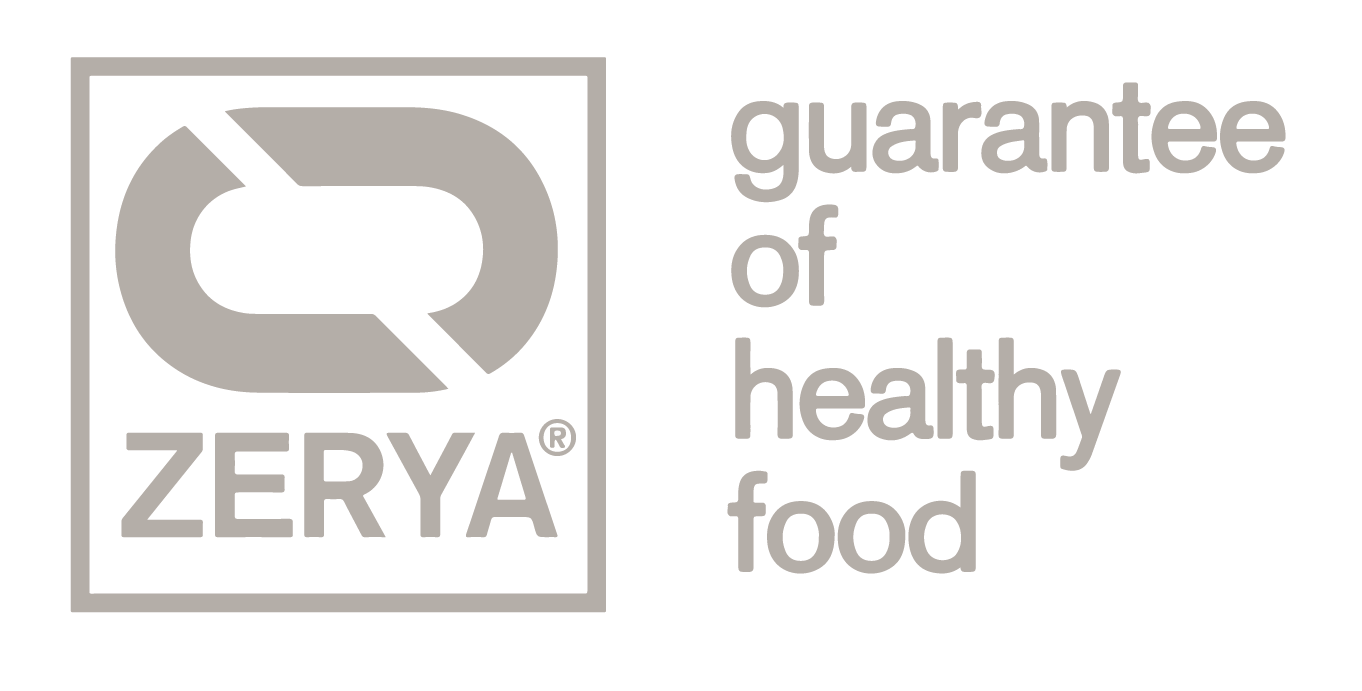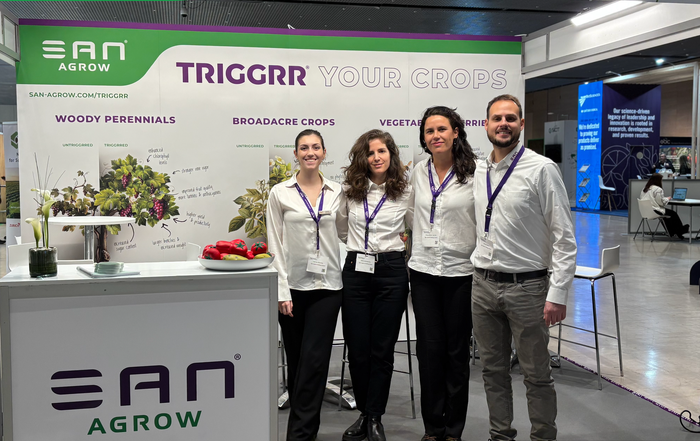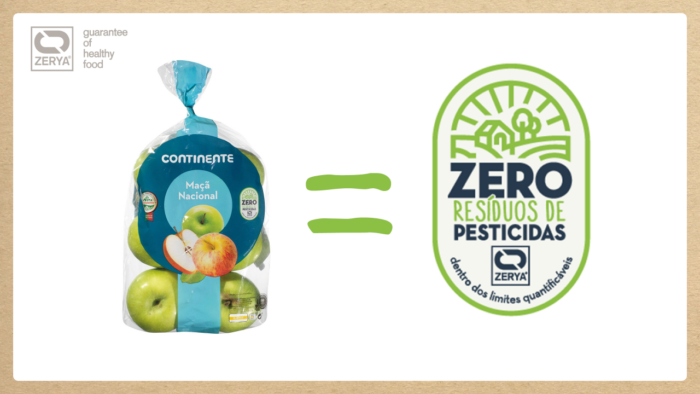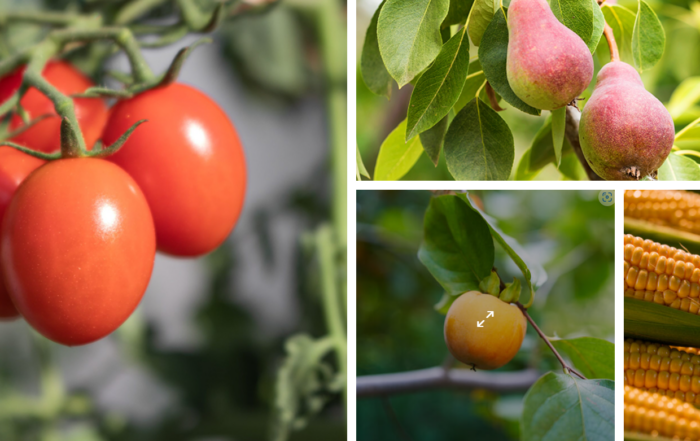Benefits
If you are a central purchasing or distribution chain, we guarantee you suppliers with a positive impact on the environment.
Guarantee mark in Europe
Guarantee of healthy production
We propose a programme that was born in 2009 after ten years of R+D+i with producers from the Murcian market garden that allows us to produce in a sustainable way.
Thanks to our voluntary standard, we offer a tailor-made solution: regulations, producers, laboratories, certifiers, distributors are aligned. Conventional and/or ecological.
After 15 years of implementation in the peninsula, our models of agriculture without pesticide residues and regenerative agriculture are beginning to establish themselves in the market.
Get your Field GuideGet your Field Guide
Waste-free and Regenerative Agriculture Best Practices Programme for committed producers and responsible buyers
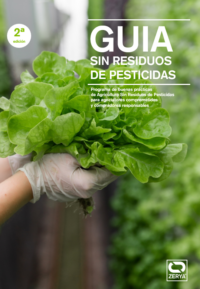
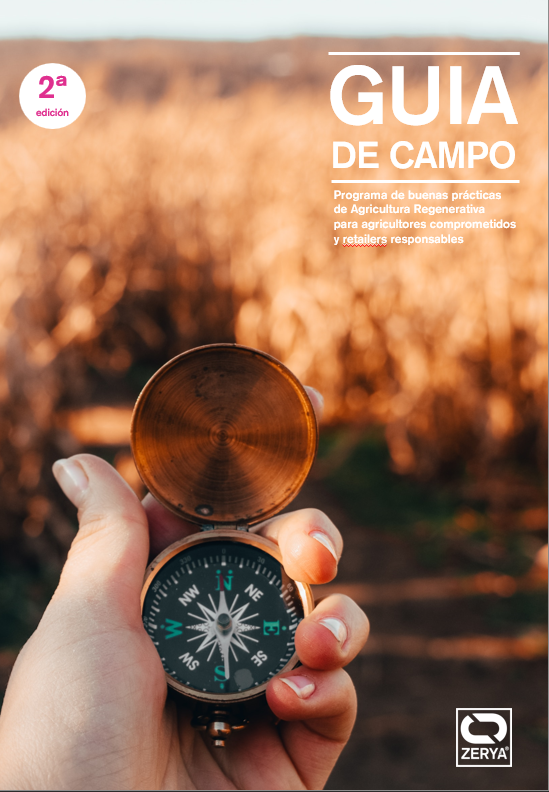
¿Why ZERYA?
What’s in it for you?
What can you achieve in your first year?
Regenerative agriculture focuses on soil health and biodiversity. Some of the crops recommended for regenerative agriculture are fruit trees and citrus. Additionally, crop rotation is a common practice in regenerative agriculture and can help improve soil health.
Ecological farming and regenerative agriculture share some principles and practices, but regenerative agriculture focuses on creating sustainable, regenerative farming systems that promote biodiversity and the restoration of healthy ecosystems, while ecological farming focuses on producing food without the use of synthetic chemicals. Although organic farming refers to a broader term, which includes different types of agriculture that, like regenerative agriculture, minimize the impact of agricultural activity on the land.
The community can play an important role in promoting sustainable and regenerative agricultural systems through education and promotion of sustainable agricultural practices.
Some regenerative farming practices you can implement on your farm are: cover crops to protect the soil and maintain life within it, crop rotation to improve soil health and reduce erosion, organic manures to improve soil fertility and reduce reliance on chemical fertilisers, and encouraging biodiversity through the introduction of natural solutions. In addition, you can also plant cover crops throughout the year to avoid bare soil and mitigate erosion.
To start Pesticide Residue-free production with ZERYA, it is essential to be registered in the ZERYA operators’ register and to comply with the established quotas. It is essential to have qualified technical staff trained in the ZERYA system, who understand the regulations and procedures for the detection and control of pests and diseases, as well as for the selection of treatments and plant nutrition. ZERYA offers training courses, such as the Course on the Implementation of Pesticide Residue-free Production Systems, in collaboration with the University of Cordoba, which provides practical knowledge on the implementation of Pesticide residue-free production systems. In addition, it is advisable to become familiar with the action strategies defined by ZERYA’s sectoral committees, which include ongoing technical studies and a management system that ensures compliance with sustainable production objectives.
.
Recent news
SAN Agrow Presents TRIGGRR
TRIGGRR is ZERYA certified, guaranteeing pesticide residue-free compliance and reinforcing SAN Agrow’s commitment to sustainable and safe agriculture.
Continente Portugal consolidates its ‘Zero Pesticide Residues’ category with ZERYA.
Together with ZERYA, Continente, Portugal's leading large-scale retailer, is anticipating the demands of the European strategy to reduce PPPs by committing to production without phytosanitary residues in the suppliers of the Clube de Produtores.
GOS ACCESO & CAP : Sow Eco-Schemes, Reap the Benefits
GOS ACCESO is an EU-funded project whose main goal is to improve access to innovation and knowledge in order to foster more sustainable agriculture. By creating Supra-regional Operational Groups (GOS), the project aims to connect farmers, researchers, companies, and other entities in the agri-food sector to share knowledge and develop practical solutions to address the current challenges in agriculture.
